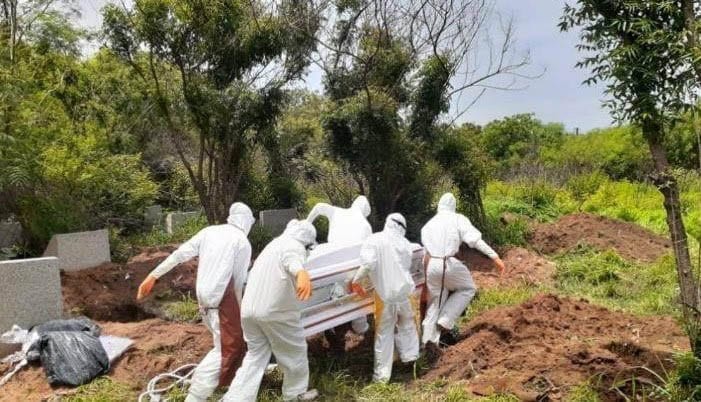
Every family loves their dead. But there comes a time when the regular funeral and burial rites cannot be performed when one loses a relation to covid 19 complications.
But some families feel aggrieved when environmental health workers do not allow them carry out such rites of passage.
An opportunity to toss some coins in the casket of the dead. To put a ring on the finger of the deceased or some other rituals believed to help journey the dead safely to the other world.
Medical Sociologist and lecturer at the anthropology and sociology department of the university of Cape Coast, Dr. Eric Koka says, “these rites according to some cultures, are crucial in ensuring the dead transition peacefully.”
Some families hold the belief ‘their dead would not rest in peace if these rites are not performed.’
Others believe – life after death in another world would require some money, clothing and other accessories, therefore the more items they put in the casket of the deceased before burial, the easier the journey after internment.
Such was the situation five months ago.
Death from Covid-19 complications
Today, it is a completely different exercise and families are not afforded that luxury.
Dr. Koka says, “deaths from pandemics are handled differently from normal burials. There are risks associated with these deaths and so they are handled by health experts.”
Public Health officer of the Accra Metropolitan Assembly who leads the covid burial team, Joseph Asitanga, is emphatic the protocols are strict when it comes to such burials.
“The families want to have access to the bodies and perform the usual rites they do, which is not allowed.”

Mr. Asitanga is worried about the insistence of family members to still have things done their way at the expense of the Covid-19 protocols.
“Once people die of Covid, it becomes the exclusive duty of the state and that matter environmental health workers, to handle the dead and the burials, he told 3news.com’s Komla Adom.
Appeal
He wants families to cooperate with the team instead of constantly heckling them.
“We constantly get these clashes. Some relatives of the deceased make our work difficult and hustle us all the way through,” Mr. Asitanga lamented.
We are cautioning them that what “we do is to properly dispose off the bodies and protect the other relatives from any possible exposure to the virus.”
For some, it is needless to persist with the rites at a time the world is battling the Covid-19 pandemic.
Thirty eight year-old Michael Coleman wonders if such rites are still relevant in this day and age.
He is of the view once people die, no amount of rites of passage can bring them back to life.
“I think families should leave the persons in charge to carry out the burials. It is safer that way; everyone is aware of the dangers of this virus, Michael told 3news.com.
For him, “once people die, they are gone and the focus must turn to those still living.”
Complicated grief
At a time the world is battling a deadly pandemic that is wreaking havoc across nations, relatives of Covid-19 victims are saddled with mourning the loss of their loved ones in isolation.
Medical Sociologist Dr. Eric Koka speaks about what he calls complicated grief.
According to him, not only are families unable to hold funerals for their dead, they are also unable to properly grief their loss.

“The psychological and emotional trauma is compounded by social and physical restrictions.”
Dr. Koka maintains healthcare clinicians, psychologists and others must mitigate this grief for relatives – in order for them to heal and move on.
Improving communication through technology during these times among grieving relatives, helps.
“This is the time they must pick up a phone and call each other to check on them.
Social media also affords people the opportunity to reach out to one another, in the grief period. Physical restrictions do not mean relationships must breakdown,” Dr. Koka maintains.
Dummy burials
Another way some families are grieving in an era of restrictions is through dummy burials.
According to Public Health Director of the Accra Metropolitan Assembly, Florence Kuukyi as of August 8, 2020 five families had carried out such dummy burials.
“What they do is that, after we carry out the supervised burial according to Covid-19 protocols, usually on Thursdays – the families go and acquire another grave at the regular cemetery and do another burial.”
Florence Kuukyi said, “they stuff a coffin and carry out a public funeral during the weekend for other family members and friends.”
These families do this to get “some sense of closure.”
While we adjust to life in this era, there still remains the issue of stigma that is associated covid 19, hence families would go all lengths to fight this.
Covid-19 deaths
As of August 10, 2020, death toll from Covid-19 related complications stood at two hundred and fifteen (215).
Out of the figure, ninety seven (97) have been buried by the Accra Metropolitan Assembly’s Environmental Health Workers.
Forty of the 97 representing forty one (41%) are female, while 57 representing fifty eight (59%) are male.
Thirty nine (39) of those buried so far are aged between 60 and 70, with the oldest being an eight six (86) year old and the youngest a nine (9) year old.
By Komla Adom|3news.com|Ghana
The writer is a journalist with the Media General Group.
Read Full Story


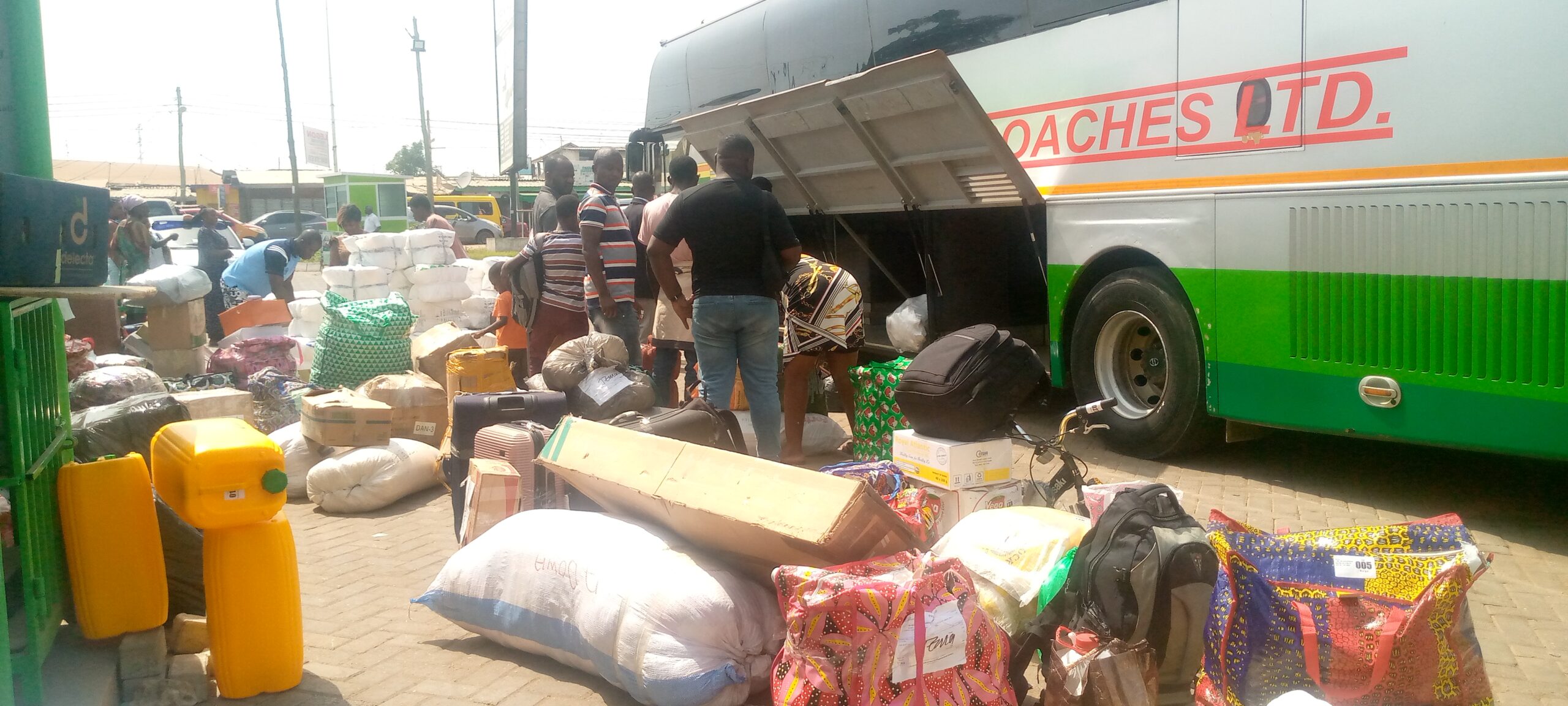

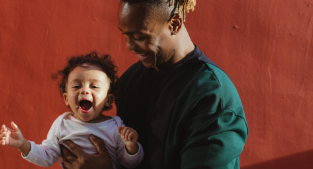
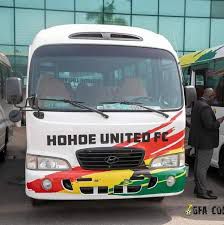
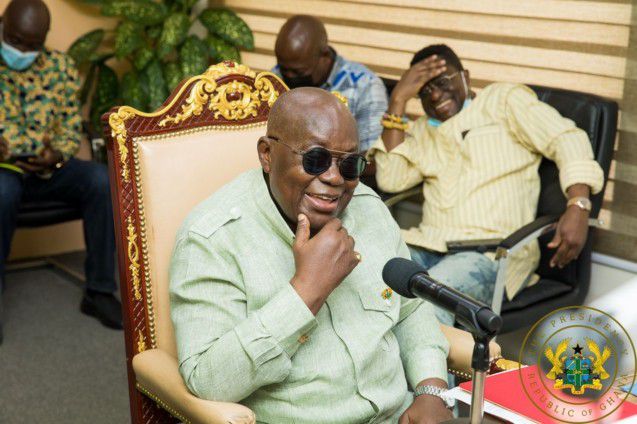
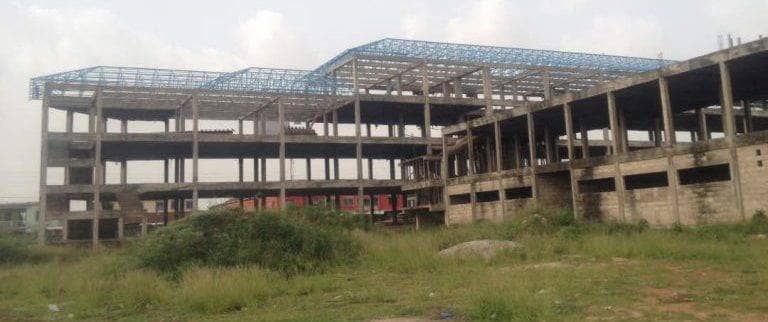

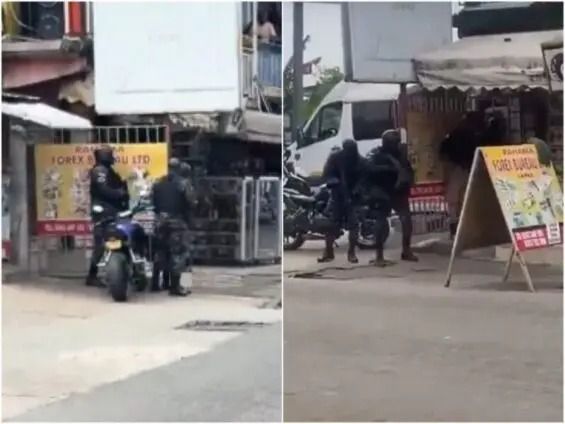
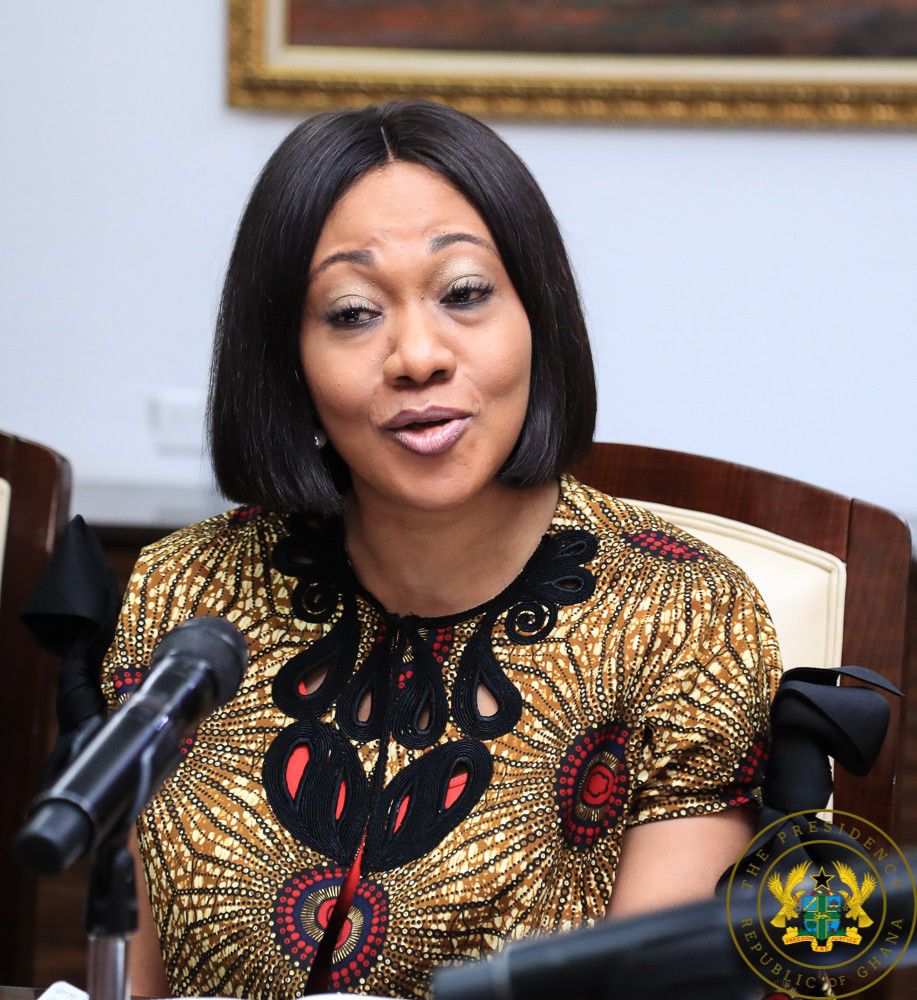
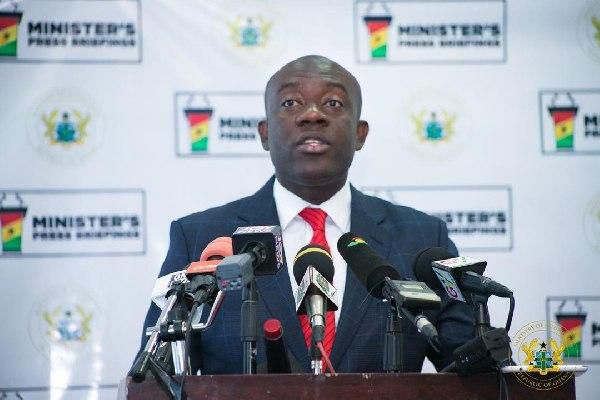






Facebook
Twitter
Pinterest
Instagram
Google+
YouTube
LinkedIn
RSS